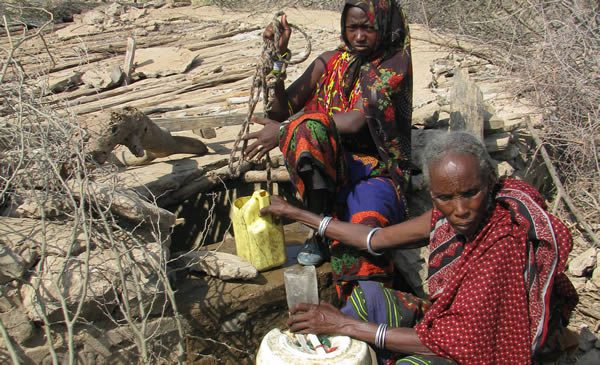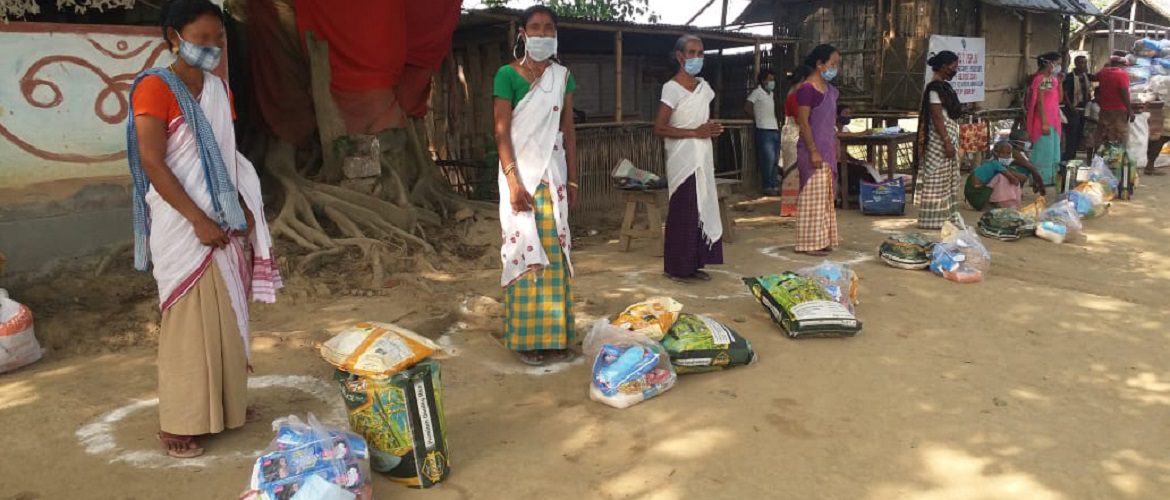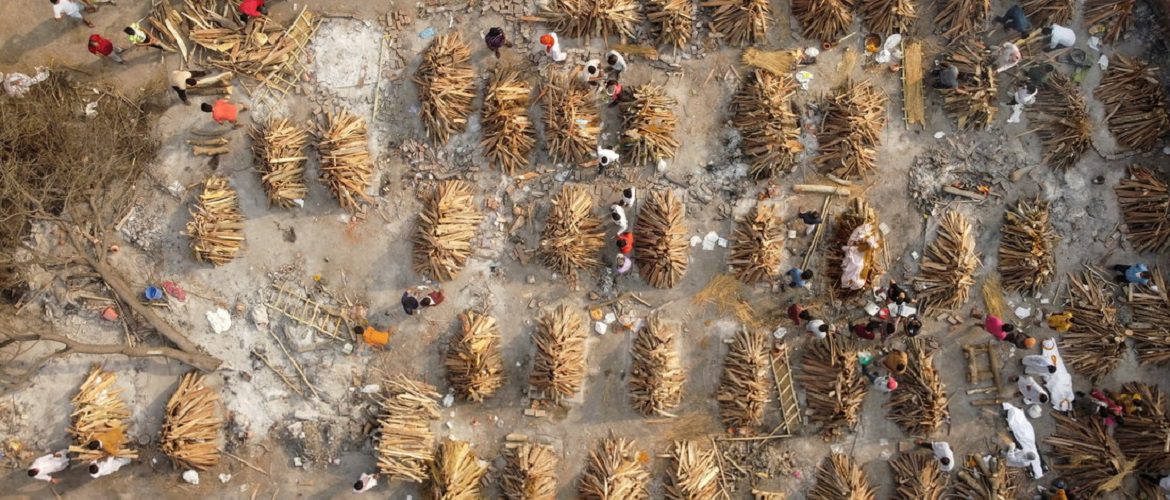By Carly Sheehan, regional information manager for Oxfam’s East Africa food crisis response, based in Nairobi.

The road from Yabello to Dillo in southern Ethiopia is one of dirt, in varying shades of red, black and grey.
Little dik diks – a type of East African antelope – dart across this road, and I also spotted a couple of gazelles.
It was kind of like being on safari, just with more donkeys and cows and less lions and elephants. And the closer we get to Dillo, the drier the land becomes.
At Dillo, I was part of an Oxfam team taken by a local government official and a senior community member to a small village well that was in pretty bad shape.
The locals told us that the well has been in disrepair for quite a while. Only one household can use the well at a time.
There are 96 households in the village that use this well. Sometimes the women have to wait for eight hours to get their supply of water.
With the water level so low, each household is allowed to fill just one 20-litre jerry can every second day.
With household sizes ranging from six to ten people, this really isn’t much water. In a household of 10, that’s just two litres of water for each person every two days.
But the next well we visited was in even worse condition – it was completely dry.
We spoke to some of the community who used to collect water from this dried up well. One woman told me that if it weren’t for the water trucks that Oxfam operates, they would be in “serious trouble.” I thought that was a bit of an understatement really.
Through our water trucking work, Oxfam is currently reaching over 8,500 people in Dillo with clean water. Across Ethiopia, Oxfam is providing 69,000 people with clean water, through water trucking and rehabilitation of water systems, and is also conducting public health promotion activities to improve hygiene practices to reduce the threat of disease.
The thing with water trucking is that it’s a short-term emergency intervention that is used to save lives when there is no other option available.
In these villages at Dillo, where it hasn’t rained in two years, there really is no alternative.
Read more about Oxfam’s response to crisis
Make a donation to the Africa Food Crisis Appeal




